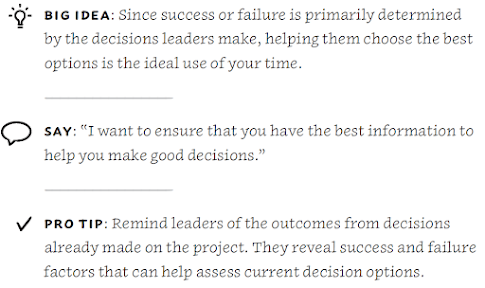This is year nine of using Chris Brogan’s “My Three
Words” planning exercise to set myself up for success at
the beginning of a new year. It helps me take stock of the previous year, commit
to meaningful goals, and identify what it will take to achieve them.
Here is how Chris’ technique
works: After setting your goals for the year, select three words that will keep
them top of mind and guide your actions toward these outcomes. At the end of the year, assess
their effectiveness before starting the process again, incorporating new
learnings.
Last year was a big one for me. My primary goal
was to finish writing my second book, Change on the Run, and publish
it in March through Page Two Books. My tasks included writing and recording an
audiobook version, planning a live virtual launch event and marketing online. The
three words that supported me were reach, partner and share.
I kept them visible on my monitor stand and wrote them out daily as reminders
to stay focused.
Reach propelled
me to build awareness with my target market of people going through workplace
change who have little time to learn what works. I hosted 29 podcast episodes, gave
14 interviews, wrote 30 blog posts and five articles, and facilitated five
workshops. I missed a few opportunities, but there is no “perfect” in
promotion, just like change management.
Partner was a prompt to collaborate with
individuals and organizations to maximize my impact. Inertia encourages us to
repeat experiences instead of discovering new ones that enable us to grow. Mine
spanned consulting partnerships, peer community events, and university engagements.
Share was a reminder that I am happiest
when helping others. Reserving time for mentoring and coaching is important,
and I didn’t want to pass on these opportunities to support others. I coached
conference presenters and shared my perspectives with many. Our conversations
taught me a lot and forged valued relationships.
My three words contributed to a meaningful and
successful 2021. There were times when I didn’t review them, sometimes for
days. Inconsistency led to distractions and poor snap decisions about my time. After
a few missteps, I renewed my morning routine, and focus returned.
This year represents a fresh start after dedicating
three years to creating Change on the Run. To make room for new
opportunities and growth, I am reorienting the words from “delivery” to
“discovery.’ My three words to guide me to success for 2022 are activate,
breathe and outcomes.
Activate is about creating the conditions where I
can be my best. Being at the top of my game requires physical and mental
regimens that are difficult to do consistently. Achieving my goal will take a
shift in mindset and investment of time. I am tracking my progress daily to
avoid lapses, knowing that one miss often leads to another.
Breathe refers to pausing before making
commitments. My default response is to say yes quickly to good initiatives, sometimes
at the expense of great ones. As Sean Covey counsels, “Saying 'yes' to one
thing means saying 'no' to another.” I need to replace my trigger of commitment
with one of thoughtful consideration.
Outcomes builds on the evaluation theme of breathe.
It is inspired by Marshall Goldsmith’s advice to “make sure that the benefits
are truly worth your efforts” of doing something. One of my podcast guests asks
his client’s “To what end?” before beginning an assignment. I plan to ask it
for all parts of my life.
Completing the “My Three Words” exercise over a
couple of days sharpened my goals and pressure-tested words before committing
to them. Now, I am taking action.
Every January holds the promise of a great year
ahead. The My Three Words planning exercise has helped me achieve my goals for
almost a decade. If you need some support to reach yours, what three words will
help you make 2022 one of your best?









